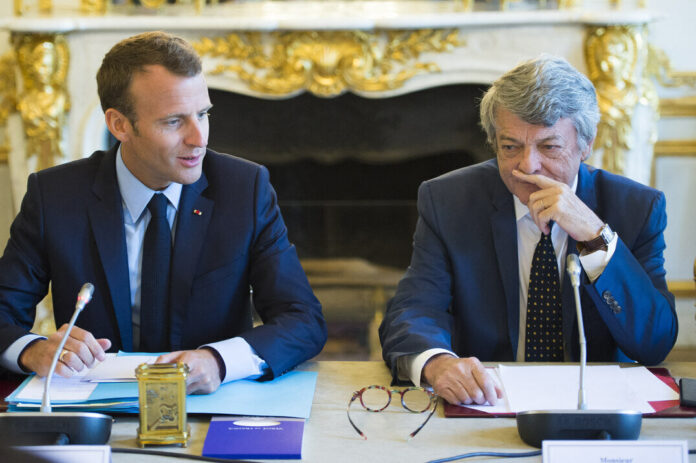What will Emmanuel Macron decide? On Tuesday June 27, 2023, 17-year-old Nahel was killed by a police officer during a traffic check in Nanterre, Hauts-de-Seine. The officer fired a fatal bullet that hit his heart. The latter was taken into custody. On July 6, 2023, the Versailles Court of Appeal confirmed his continued detention in the Santé prison in Paris.
From Tuesday evening, tensions erupted in many departments of French territory. Thus, since the event, revolts have occurred every evening. According to the Ministry of the Interior, 3,505 people were arrested. 60% of them would not have a criminal record and are unknown to the police. In view of the fires and other violence, some elected officials have called for the triggering of a state of emergency. But on Thursday July 6, 2023, while traveling to Pau, in the Pyrénées-Atlantiques, Emmanuel Macron affirmed that “order has been restored”, according to comments collected by BFMTV. What is he planning now?
On July 4, 2023, Emmanuel Macron went to meet nearly 200 mayors of cities affected by degradation and looting. Following this interview, the latter announced an emergency bill to accelerate the reconstruction of buildings, transport and street furniture, according to information broadcast by BFMTV.
“We must not let the dough fall,” said the head of state. The latter would have promised to work during the summer on “concrete solutions”. He mentioned in particular better support, but also more severe sanctions for the parents of children who are perpetrators of violence. Nevertheless, some elected officials from different political parties have criticized Emmanuel Macron for having rejected the plan proposed by Jean-Louis Borloo, former minister of Nicolas Sarkozy, in 2018 concerning the suburbs. What was this bill? Would the president be likely to change his mind?
In the current context, some elected officials criticize Emmanuel Macron for having dismissed Jean-Louis Borloo’s plan proposed in 2018. This is particularly the case of Yannick Jadot, member of Europe Ecologie Les Verts (EELV) and MEP.
In the report “Living together, living large, for a national reconciliation”, Jean-Louis Borloo affirms that “nearly 6 million inhabitants live in a form of relegation or even sometimes, of amnesia of the Nation awakened from time to time others by a few miscellaneous facts; a public effort at half mast; mayors of suburbs who are fighting on the front line, who sometimes crack and throw in the towel, public officials and exhausted volunteers”. With the aim of improving the situation that politicians deplore, Jean-Louis Borloo has proposed a text with 19 axes.
Through the national reconciliation plan, Jean-Louis Borloo intended “to recreate urban cohesion, social cohesion, republican cohesion”, one can read in his report. Thus, 19 programs deemed essential are proposed to achieve this. Among them, we find the creation of an “educational city” to better supervise children “outside the school setting”. On the educational level, he also mentioned the creation of the “academy of leaders”, a form of high school intended for young people who would have “the same characteristics as Ena”.
He also mentioned a “local police” presented as having to be “a seasoned elite corps and benefiting from the bonuses accordingly”. In addition, the former deputy envisaged a national police mediator, but also 500 “night correspondents” to ensure tranquility in these areas.
When the report was released, Emmanuel Macron showed his disagreement. “Somehow it wouldn’t make sense for two white males, not living in these neighborhoods, one to exchange a report and the other to say, ‘I was given a plan, I found out’ It’s not true, it doesn’t work that way anymore,” he said, according to Ouest-France. Nevertheless, as of July 4, 2023, the president admitted to having been “clumsy”. In addition, he claimed to have taken several measures in favor of the city’s policy. For the moment, the latter does not seem to be considering the “national reconciliation” plan again.















